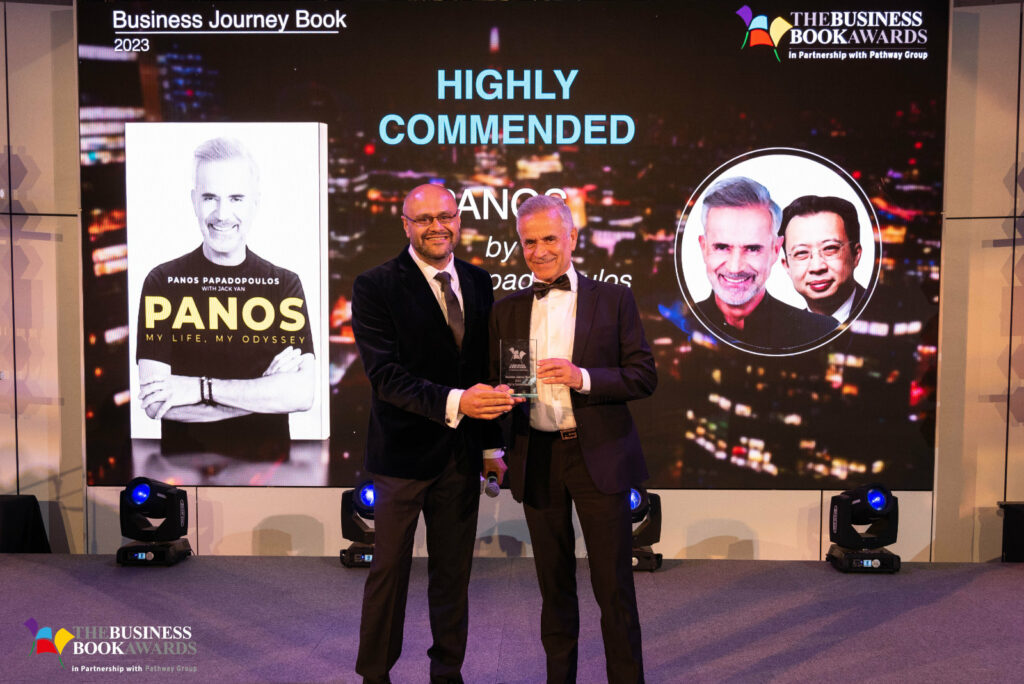They’re out there in the wild now. Stewart Sims was our first Autocade Yearbook customer and he’s just posted photos of his copy on Mastodon. Thank you, Stewart! PS.: Flâneur over at that other site had also posted his copy. Thank you! You may also like Introducing Autocade in print BMW iX […]
Tag: England
Introducing Autocade in print

There’s a lot to report now that the news is public: Autocade is more than the online encyclopædia, it’s also a print yearbook. I’m happy to say it has been launched, after ironing out some tech issues, and there has been good interest in the new publication. You can read a bit more about […]
Most of HR isn’t about finding the right candidate
A friend in the UK recently told me: I read how companies say they cannot find anyone to fill their roles, and I have a bunch of very talented, highly qualified friends who are out of work who can’t find anything. Having looked into this locally, it’s far from being a strictly UK problem. I […]
Read More… from Most of HR isn’t about finding the right candidate
‘A highly pleasurable read’—another positive review for Panos: My Life, My Odyssey
I must have been pretty busy in July 2022 not to have read this review properly. I remember it coming in—it’s from The Bite, a London-based magazine—and thinking, ‘That’s great, it’s positive, add that to the files,’ but it really deserves a bit of a highlight here. Jada Brookes (a nom de plume for […]
Read More… from ‘A highly pleasurable read’—another positive review for Panos: My Life, My Odyssey
Panos: My Life, My Odyssey in illustrious company
I was thrilled to read this review about Panos: My Life, My Odyssey from Nikolas Venios, founder of the Ideas Agency in Gloucester. From his Linkedin (with his full post embedded using Linkedin’s own code at the end): Panos Papadopoulos has written one of the best business/strategy/life/creativity books I have ever read (and I […]
Read More… from Panos: My Life, My Odyssey in illustrious company
Business Book Awards on Panos: the official review
I’m still pinching myself as I realize that Panos and I managed to win an award for our book, Panos: My Life, My Odyssey, on our first go. Ketan Makwana, who has a mutual friend, commented on my Linkedin: ‘congratulations Jack and Panos—your book really grew on us … my fellow judges in the […]
Read More… from Business Book Awards on Panos: the official review
Panos: My Life, My Odyssey wins commendation at Business Book Awards 2023

I might not have made it to London for the Business Book Awards 2023, but my mug did, as Panos: My Life, My Odyssey won a Highly Commended in the Business Journey category. The organizers were kind enough to include me on the screen as Panos picked up the prize for his autobiography. It was […]
Read More… from Panos: My Life, My Odyssey wins commendation at Business Book Awards 2023
Latest podcast; and both Twitter and Facebook appear to be down on IFTTT
I had recorded an earlier podcast but deemed it too controversial; instead, here’s something I uploaded to Anchor last week on the day Paul O’Grady passed away. It’s a little tribute to him (and Lily Veronica Mae Savage). There’s a little bit about a racist builder, and I conclude with the Business Book Awards. No, […]
Read More… from Latest podcast; and both Twitter and Facebook appear to be down on IFTTT
What saying yes to SEO “guest posts” looks like
Here are a few screenshots from a magazine I loved, but sadly, it seems they’ve responded to those SEO emails, and grabbed the US$50 per post. I don’t blame them, since Google has destroyed the online advertising ecosystem, and they have to make ends meet somehow. I was in contact with them some years […]
Read More… from What saying yes to SEO “guest posts” looks like
Here’s the latest book I worked on: Panos: My Life, My Odyssey out May 26
[Originally posted in Lucire] Toward the end of next week, Panos Papadopoulos’s autobiography, Panos: My Life, My Odyssey, comes out in London, with an event in Stockholm following. This is an intimate memoir about Panos’s rise, from childhood poverty in Greece to the ‘king of swimwear’ in Scandinavia. Not only do I have an […]
Read More… from Here’s the latest book I worked on: Panos: My Life, My Odyssey out May 26